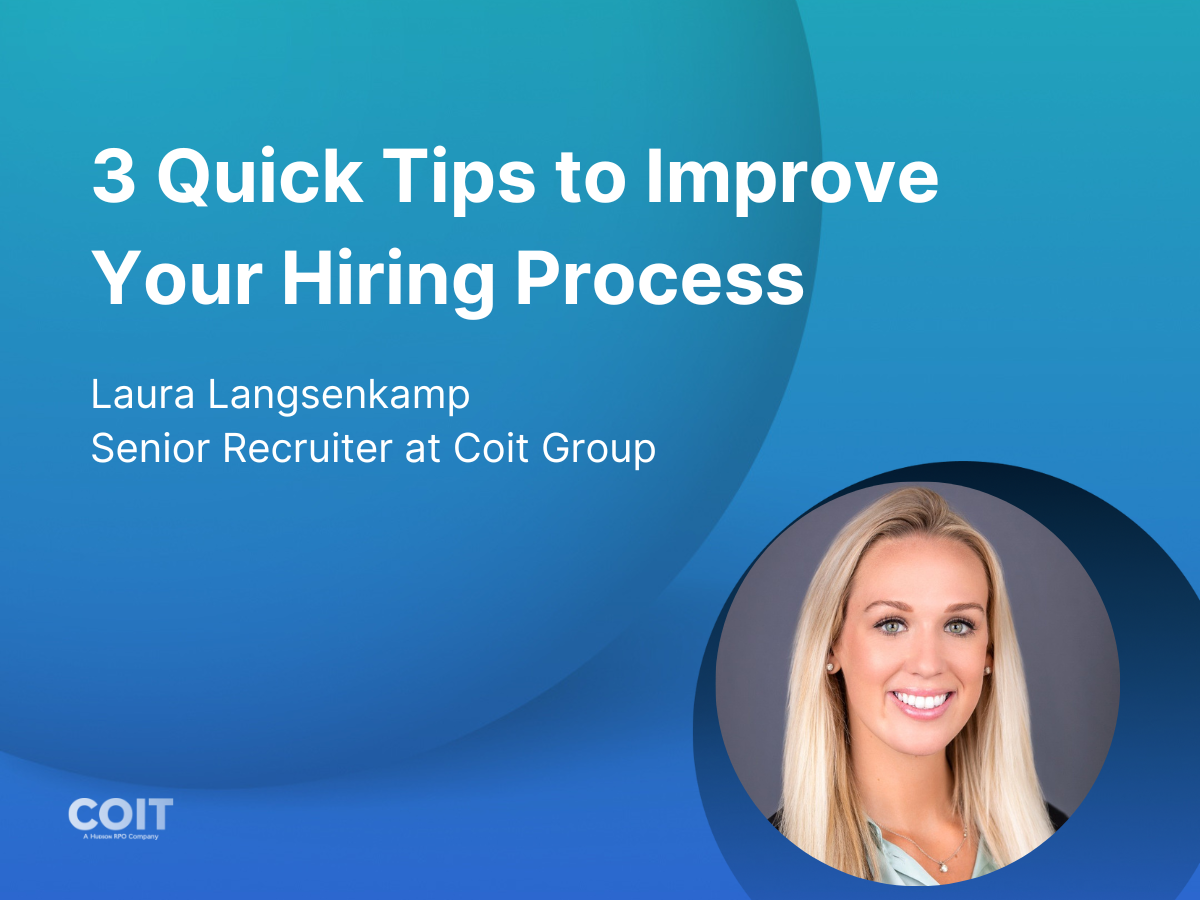Looking back over the course of our careers, it’s fair to say that many of us have had a few cringeworthy moments — things that we would have said or done differently. Even with the best intentions, small distractions, tiny promises, miscommunications, and the desire to be helpful (or just phone it in) can all get the best of us. Perhaps it’s happening right now.
If these pitfalls sound familiar, you’re not alone. Here are some common career mistakes, and ideas and tips on how to fix them.
Mistake #1: Losing focus
Text messages, Internet memes, social media, impromptu calls, life in general … there are thousands of distractions and interruptions competing for our attention every day. Yes, it’s easy to lose focus. But operating in a fog without addressing root causes can seriously derail your productivity, performance and career.
How to fix it: After ruling out physical or mental health conditions and stressful life events, turn your attention to your work environment and behaviors. Multitasking, interruptions and external distractions can keep you from accomplishing what you need to get done efficiently.
Research shows that it takes around 23 minutes on average to get back on task after an interruption. Examine when and where you’re struggling to help hone in on solutions to keep your mind from wandering or fluttering around like a hummingbird.
Mistake #2: Failing at office politics
Love them or hate them, office politics exist at every workplace. They can have a dramatic impact on your success, your role, your team and your career. If you find yourself at odds with co-workers and spending more time trying to navigate politics than your role and performance, it’s time to take stock of what’s working and what’s not.
How to fix it: For many of us, reframing our understanding of what “politics” are is the first step to building healthy relationships, bridges and coalitions of support. Much like leadership, it’s important to assess the political environment of your workplace and take deliberate action to strengthen your relationship currency and political capital. Check out this article for myths surrounding office politics and more advice.
Mistake #3: Succumbing to boredom
Every job involves a certain amount of tedium, and the longer you’re in a certain role, the more of a snoozefest it can become. But when the job becomes routine and you’re not innovative anymore, boredom can lead to lackluster performance.
If you find yourself growing tired or bored with work, take inventory of what you’re actually doing. You might not be performing tasks to the full degree or you may have fallen into the trap of some level of malaise. Tread carefully. When you’re failing to innovate, improve or bring a sense of self-purpose to your work, your stickiness with an organization can deteriorate rapidly.
How to fix it: Often we have more control over our situation or state of mind than we think we do. While there are certainly environmental inputs — it could be your leader or your boss, your customer or work assignments — every individual should advocate for themselves and challenge when such events happen.
Examine whether you’re really performing tasks at the level that you once did or to the level that’s expected of you. If you aren’t, scrutinize why this may be happening. Maybe you’re ready for a new challenge or learning new skills. Seek out opportunities to level up and pursue your interests without giving in to apathy or boredom.
Mistake #4: Making unrealistic commitments
Oftentimes you’ll hear people saying how stressed they are, how everything is falling on top of them, creating a paralysis that hurts their performance. While we certainly don’t set out to stress ourselves out intentionally, many times panic sets in because we’ve let things go on too long, underestimating the amount of work involved or failing to communicate preemptively.
A good example of this is taking on a deliverable that your customer or your boss is expecting to be done. Without level-setting along the way, all of a sudden a deadline may be approaching and you are putting unnecessary pressure on yourself because you aren’t able to deliver what you said you would do.
How to fix it: Work proactively to create conditions where you are able to accomplish what you say you will do, and communicate risks when you do not have adequate time or resources. Do not wait until the eleventh hour. Once you fall into a stress state, you’re unfortunately in a very reactive position that tends to impact how you communicate with your boss, peers or customers — it just has negative impacts all around.
Have ongoing conversations to ensure there are no assumptions or misunderstandings. We live in a very communication-heavy environment where it’s easy to jump to conclusions about things, without having a conversation and clarifying what was meant. Be sure to have those conversations. If stress begins to creep in, take a deep breath. Figure out how to properly communicate and overcome challenges that are preventing you from making good on your commitments. If outside stressors, added workloads or shifting goalposts are contributing to your stress, have those conversations rather than suffering alone in silence.
Mistake #5: Suffering in silence
It’s important to recognize that many people are not in a position to make demands at work, or understandably worry that they’ll be seen as argumentative or problematic if they advocate for themselves. Here again, communication is key.
How to fix it: In moments where you feel you are struggling or not being supported, raise your hand and make a plan to have a conversation with your boss or HR. Communicate early and often to get the support you need. Doing so will allow you to communicate from a place of shared problem-solving rather than a place where you would rather just quit.
Work environments carry varying degrees of chaos, poor communication (or even poor leadership) and pressure. Working together with your co-workers and your boss with a focus on solutions will help you to mitigate challenges and avoid detrimental impacts to your health and your career.
Building a career you love
Inevitably, we all make mistakes and there will be setbacks as we progress in our careers. If you’re feeling your career is stagnant or that you’re having trouble navigating a layoff or termination, understand that your career lasts much longer than any single event or moment.
Once you’ve accepted what’s happened and that you need to move on, consider what’s next. If you’re interested in moving in a different direction, it can be helpful to look for an adjacent role that leverages your existing skills and experience.
If you completely course correct and change directions into another field, essentially you’ll be starting over rather than taking iterative steps to grow your career and income quickly.
Consider opportunities where you can leverage all of the work experience you have to this point, aligned with your values and your personal and professional priorities.
Need help? We’re here for you. Contact us at [email protected] today.
Newsletter
Blog Categories
Recent Posts

[Tech x Talent Dashboard] It’s time to change DEI metrics and tactics

3 Quick Tips to Improve Your Hiring Process

Beyond the Checkbox: DEI in 2024 and Beyond

The Unexpected Secret to Effective Rapid Response Hiring




